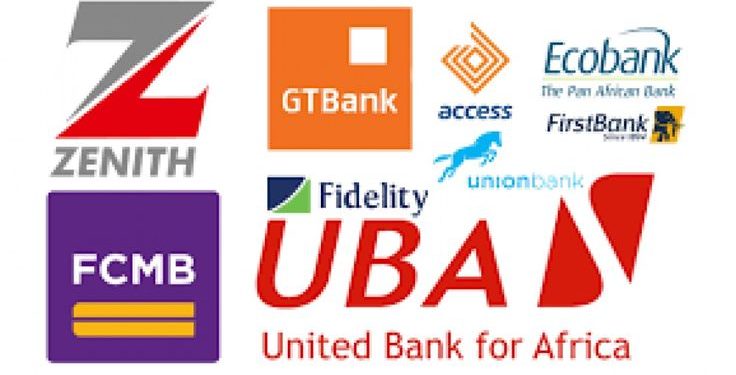Nigeria’s banking sector continues to demonstrate resilience and growth, driven by innovation, regional expansion, and sound financial management. As of 2024, the ranking of the top 10 banks in Nigeria by asset base reveals a competitive landscape dominated by well-established institutions that play a critical role in the country’s financial stability and economic development.
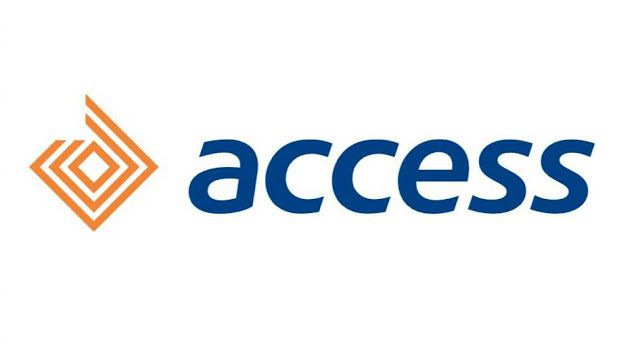
Leading the pack is Access Bank with a total asset base of ₦32.57 trillion. This positions Access Bank as the largest bank in Nigeria by assets, reflecting its aggressive expansion strategy and effective consolidation over recent years. The bank’s strategic mergers and its footprint across multiple African countries have significantly boosted its financial standing.
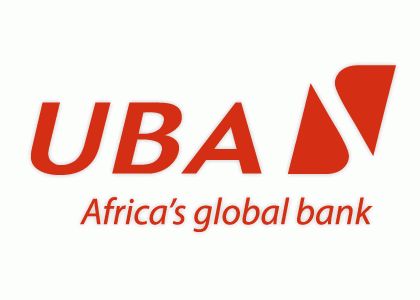
In second place is United Bank for Africa (UBA), holding assets worth ₦25.37 trillion. UBA’s vast pan-African network and diversified operations across multiple regions contribute to its strong balance sheet. The bank’s performance underscores its influence as a major financial institution not only in Nigeria but also across the continent.

In third place us Zenith Bank, known for its strong corporate governance and robust risk management framework, ranks third with total assets of ₦24.28 trillion. Its consistent profitability and focus on digital banking have helped maintain its position among Nigeria’s banking giants.
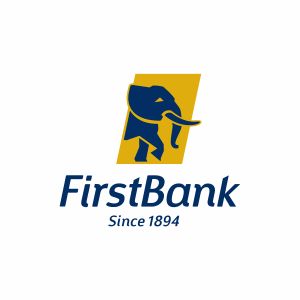
Fourth on the list is First Bank of Nigeria Limited, with an asset base of ₦21.58 trillion. As one of the oldest banks in Nigeria, First Bank has leveraged its long-standing customer relationships and extensive branch network to remain a formidable force in the financial sector.
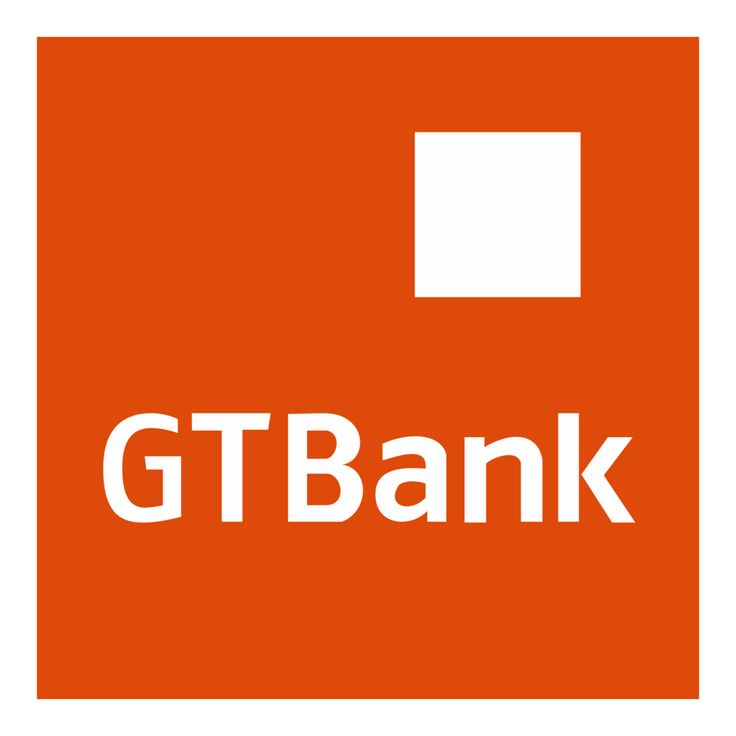
At fifth place is Guaranty Trust Bank (GTBank) comes in fifth with ₦13.00 trillion in assets. Renowned for its strong brand, innovative financial products, and customer service excellence, GTBank continues to be a favorite among retail and corporate customers alike.
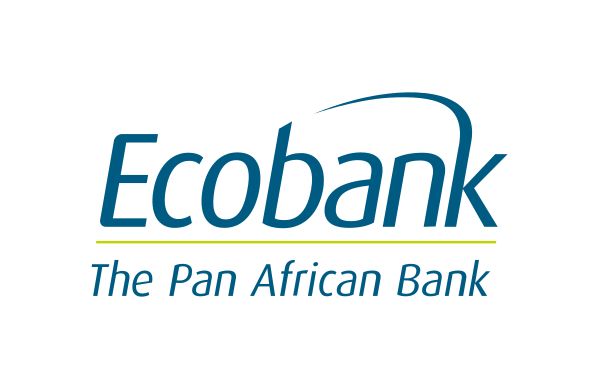
At sixth place Ecobank Nigeria holds sixth place with assets valued at ₦10.37 trillion. The bank benefits from being part of the larger Ecobank Transnational Inc. group, which has a presence in more than 30 African countries. This regional integration boosts its asset base and operational capacity.

Seventh is Fidelity Bank, with total assets of ₦6.23 trillion. The bank has made steady progress in expanding its customer base and enhancing its digital offerings, resulting in improved performance metrics and increased market share.
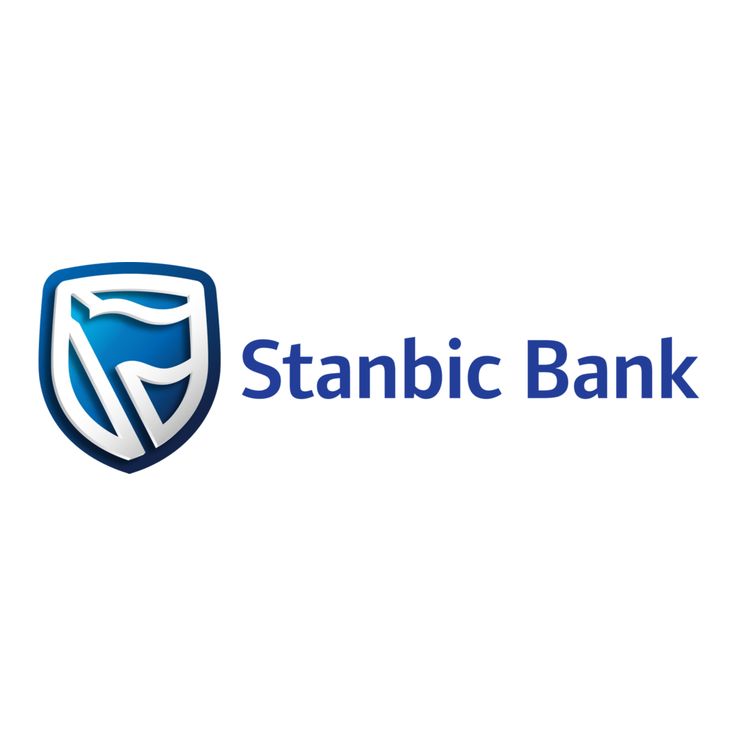
In eighth place is Stanbic IBTC Bank, reporting assets of ₦4.97 trillion. A subsidiary of Standard Bank Group of South Africa, Stanbic IBTC has carved a niche for itself in wealth management, investment banking, and corporate services.
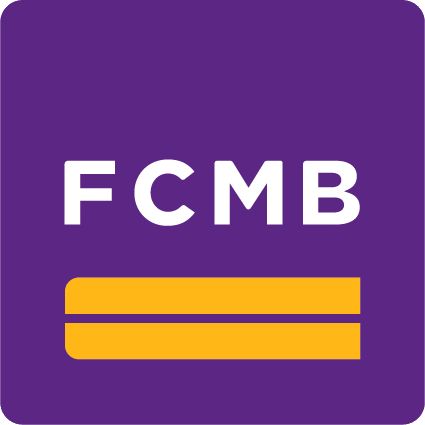
First City Monument Bank (FCMB) follows closely with ₦3.78 trillion in assets, occupying the ninth position. FCMB has steadily built its presence in the retail banking segment and continues to invest in digital transformation and customer-centric services.

Rounding out the top 10 is Union Bank of Nigeria, with a total asset base of ₦3.65 trillion. With over a century of history in Nigeria, Union Bank has undergone significant restructuring and modernization efforts, aiming to reposition itself as a leading digital bank.
It should be noted that the asset sizes of these top 10 banks reflect both the scale and strategic direction of Nigeria’s financial services sector. The continued growth in assets signifies increased confidence in the banking system, as well as a positive outlook for the economy. As regulatory reforms and technological advancements shape the future of banking in Nigeria, these institutions are well-positioned to drive inclusive financial development and support broader economic goals.







































